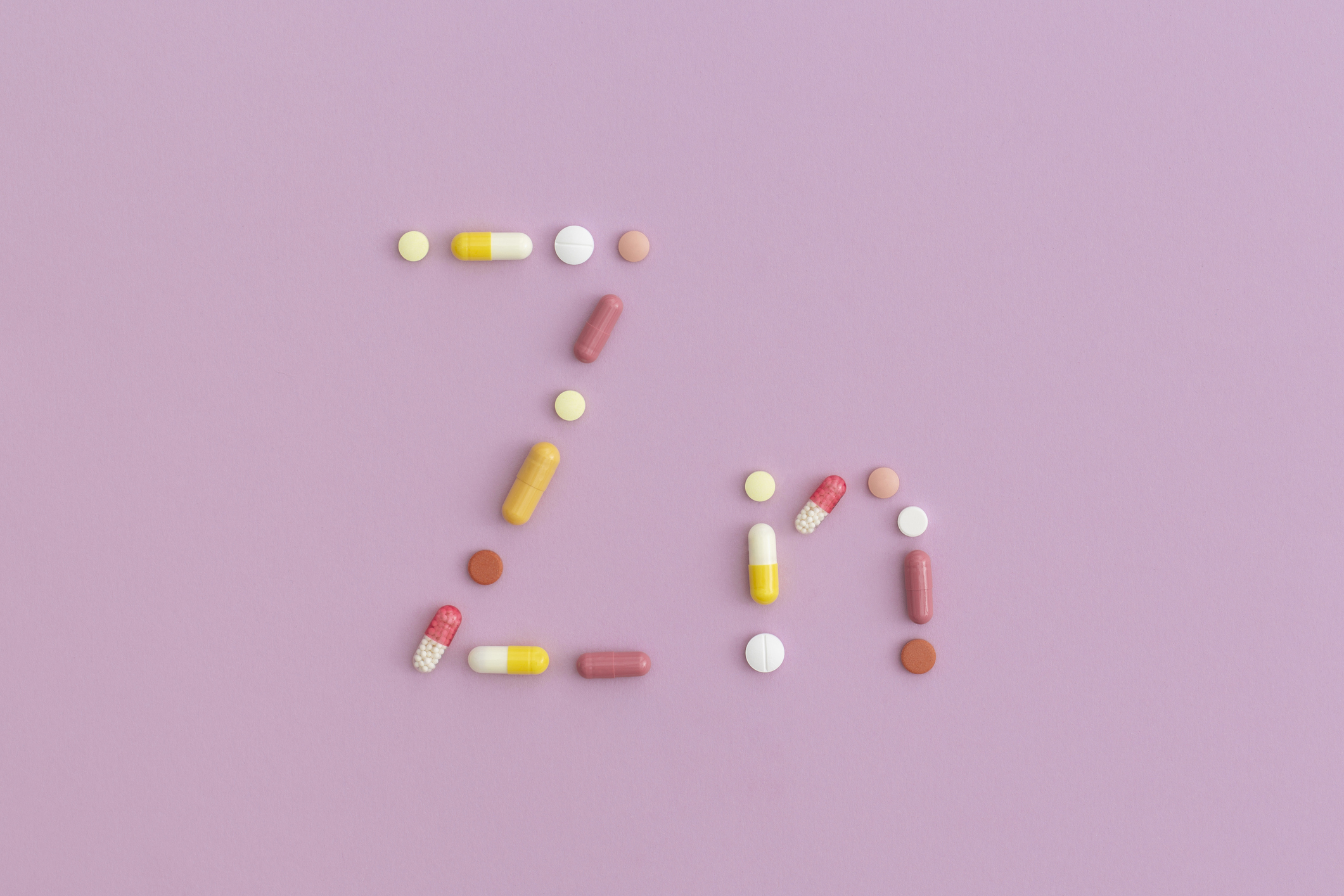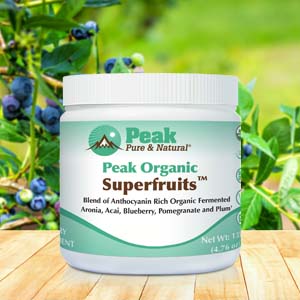Get Easy Health Digest™ in your inbox and don’t miss a thing when you subscribe today. Plus, get the free bonus report, Mother Nature’s Tips, Tricks and Remedies for Cholesterol, Blood Pressure & Blood Sugar as my way of saying welcome to the community!
Zinc link to diabetes may lead to new therapies

Zinc is one of those nutrients we don’t talk about a lot. Vitamin C, vitamin D — there’s lots out there about why you need them, and what happens if you don’t get enough.
But zinc? Kind of gets lost in the shuffle unless it’s cold and flu season. And that’s not good…
Research has shown that a zinc deficiency could be linked to high blood pressure, contribute to cataract progression, impact prostate health and is essential for communication between brain cells.
Clearly, zinc is vital to our health.
Now, a new study is offering proof that zinc protects us from two diseases that are both hard to control and potentially deadly.
A rare genetic mutation protects against diabetes…
“We know that increasing zinc intake improves blood glucose control in people with prediabetes or type 2 diabetes, and people with a mutation in a key zinc transporter protein have reduced risk of diabetes” says Shek Man Chim, principal scientist at Regeneron Pharmaceuticals in New York and the study’s first author.
But just how zinc influences systemic blood glucose levels and diabetes risk was unclear.
So, to explore that, researchers tested loss-of-function mutations from genetic sequence data collected from a large population of participants of European ancestry who took part in the Regeneron Genetics Center-Geisinger Health System DiscovEHR study.
They were able to identify a rare mutation in a zinc transporter protein known as SLC39A5 that’s associated with increased circulating zinc levels.
Then using health data that included 62,000 cases of diabetes and 518,000 healthy controls, they confirmed that circulating zinc levels in carriers of the SLC39A5 loss-of-function mutation were elevated and indeed associated with a reduced risk of diabetes.
Then the news got better…
Because diabetes and non-alcoholic fatty liver disease (NAFLD) often go hand in hand, the researchers decided to explore if loss of SLC39A5 afforded any liver protection. For this, they turned to mice…
Genetically engineered mice lacking the zinc transporter protein had elevated blood and tissue levels of zinc, as anticipated. In addition, they had less fat buildup in their livers and fewer blood markers of liver damage.
Even after being fed a high-fat, high-fructose diet, these mice had less fat accumulation in the liver and improved insulin sensitivity compared to control mice. So the researchers took it a step further…
Once again, they fed mice a high-fat diet, this time adding a high-cholesterol element to it to induce non-alcoholic steatohepatitis (NASH), a more severe liver inflammation that can develop following NAFLD and lead to fibrosis.
As expected, the control mice had increased markers indicating liver damage and liver fibrosis. However, the mice lacking SLC39A5 not only had reduced liver damage markers and fasting blood sugar glucose, but improvements in liver inflammation and fibrosis.
How are YOUR zinc levels?
According to Senior author Harikiran Nistala, currently Head of Functional Genomics at Alkermes Inc, Waltham, U.S., “Our observations suggest that blocking SLC39A5 could be a potential therapeutic avenue for type 2 diabetes and other indications where zinc supplementation alone is inadequate.”
Depending on your diet, lifestyle, age, or health problems, you may not be getting enough zinc.
Groups at risk of a zinc deficiency include:
- People 65 years or older
- Women who are pregnant or breastfeeding
- People with anorexia
- People with ongoing diarrhea
- People with inflammatory bowel diseases like Crohn’s disease and ulcerative colitis
- People with sickle cell anemia
- People with chronic renal disease
- Alcoholics
- People taking certain medications (like tetracycline and quinolone antibiotics, bisphosphonates, penicillamine, diethylenetriamine pentaacetate, the anticonvulsant sodium valproate and diuretics).
Also, be aware that having a marginal zinc deficiency can also be a problem. If your wounds are slow to heal, if you have dermatitis, hair loss, or night blindness, these could also be signs that your zinc levels are heading in the wrong direction.
If you’re at all concerned that you might not be getting enough zinc, it’s simple enough to find out.
Get yourself a bottle of liquid zinc sulfate at your local health food store. Then do this easy, at-home test to see if you’re mildly deficient, or if you should be seeing a doctor or dietitian to get your zinc levels up.
If you supplement, follow the manufacturer’s instruction on serving amount, unless advised by a physician to take a different amount.
Editor’s note: Are you feeling unusually tired? You may think this is normal aging, but the problem could be your master hormone. When it’s not working, your risk of age-related diseases skyrockets. To reset what many call “the trigger for all disease” and live better, longer, click here to discover The Insulin Factor: How to Repair Your Body’s Master Controller and Conquer Chronic Disease!
Sources:
Scientists reveal mechanistic link between zinc levels and diabetes — Eureka Alert















